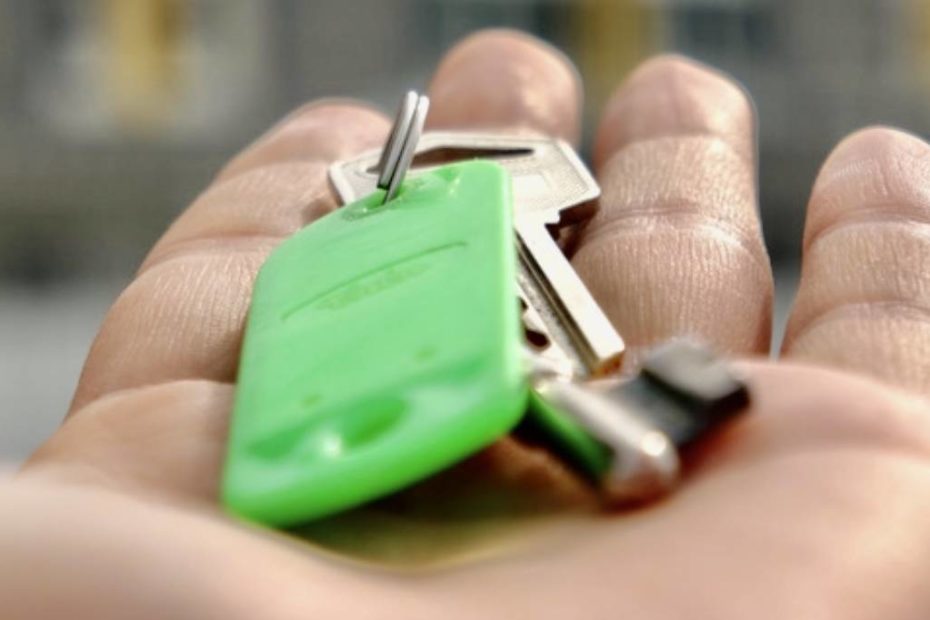Imagine this! You and your family need to rent a house. You log in to one of the portals, search for properties and then view them on YouTube videos. Once you have decided which flat you want to rent out, you contact the owner and discuss it with him. You have already deposited some money in escrow to pay the owner you finally choose to go with. You do not need to see the owner at all. You convey to him that you want the house, he sends you the rental agreement online, you e-sign it and send it back and instruct the deposit and rent money to be released through escrow.
This is not the end. Once you have the flat, you go to the house, access the passcode encrypted lockbox from which you take out the key (the owner has shared the passcode with you, of course). You enter the house, and it is yours to move into! All this in a jiffy, without the hassle and stress of contacting anyone at all or meeting face to face.
Well, this is the kind of contactless digital rental journeys one can expect in the post-COVID world.
The COVID-19 crisis has woken up many to the reality that we may be looking at digital contactless transactions as the new normal. As scientists world over are predicting, the seriousness of COVID-19 is likely to stay with us for a long time. Although the intensity may diminish, this health crisis pandemonium has made everyone aware of the pressing need for contactless and trustworthy transactions.
Not only is the pandemic wreaked havoc on the world, but it is also unclear what kind of impact it would have globally. Countries, airlines, tourism, commerce, economics, finance, employment – there is no area of life it would not impact. While it is early to predict with any certainty the scale and spread of the coronavirus, let alone its impact on international economics, politics, and society, it is possible to systematically identify areas of potential vulnerability for the world’s major economies and respective sectors. One sector that is at significant risk is the property renting or leasing space. In India, social distancing is likely to be practised even after the government lifts the national lockdown; therefore, the property renting space could witness a whole new way of doing business through contactless digital processes.
So, the next question is, how would India make this transition to contactless rentals, an answer to which is something we all would wait with bated breath to see. Not only escrow related payments would get a boost, but the entire process would perhaps receive an overhaul. People might not go to look at a property at all. They would just rent it online by viewing pictures and videos, pay the deposit and rent online through an escrow account, and find the key to their new dwelling through the lockbox outside the house and enter their dream home. The homeowner could even allow them a self-tour of the house before they can finalise their decision without meeting face to face at all.
All documents can be signed online, and platforms facilitating the transaction can organise KYC verification of identities. Additionally, the detailed listings with floor plans, 3D virtual tours, online measurement tools and AI-assisted chatbots could allow the renters to make informed decisions from miles away in another city without ever visiting the house even.
With e-commerce booming in India, the business of contactless rental is poised for an exciting future. Indians now buy everything from groceries to fruits, vegetables, electronics, clothes and even cars online while also seeking plumbing, electricians, salon services from the virtual world.
However, a vast majority do so with a lot of trepidation and anxiety about buying goods or availing services online, mainly because of two reasons: the absence of ‘touch and feel’ and ‘the absence of trust’. Many e-commerce businesses, for example, have to resort to ‘brick and mortar’ stores in addition to their online portals to capture a more significant part of the market share. The same argument that people are comfortable with human contact could hold for rental property space. But, in the post-COVID world, every e-commerce business in the world even is looking to re-strategise.
However, for contactless rental journeys to become a reality, laws and regualtions too need to be stringent as well to address cocnerns of both transacting parties. Online and virtual meetings too are likely to trigger shifts as they are are becoming increasingly popular. Self tour facilties for tenants-as mentioned earlier could take care of the ‘touch and feel’ aspect of the transaction. To conclude, we strongly feel that COVID-19 is likely to be a tipping point and is beginning to open our eyes to this new reality. It is just waiting to unfold.

